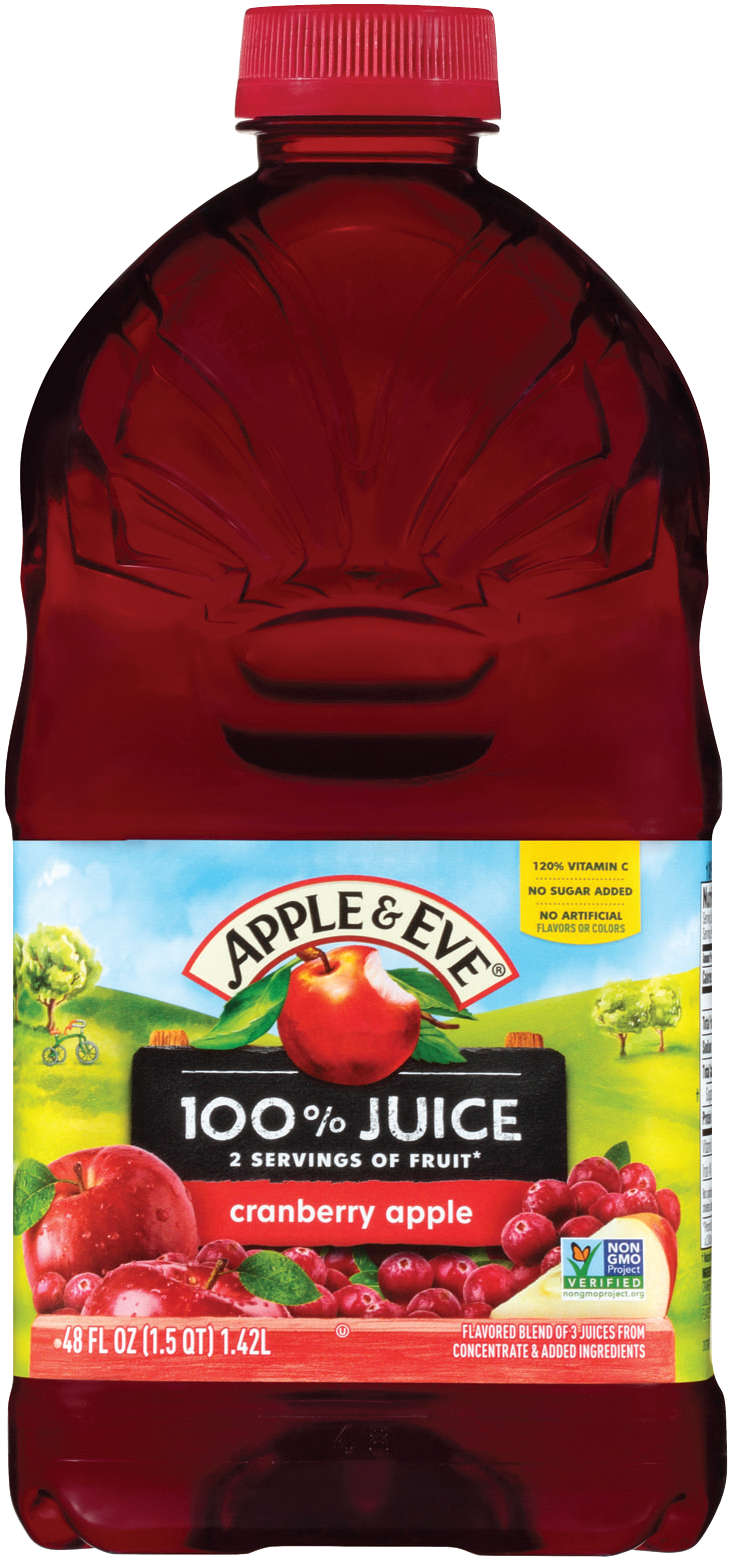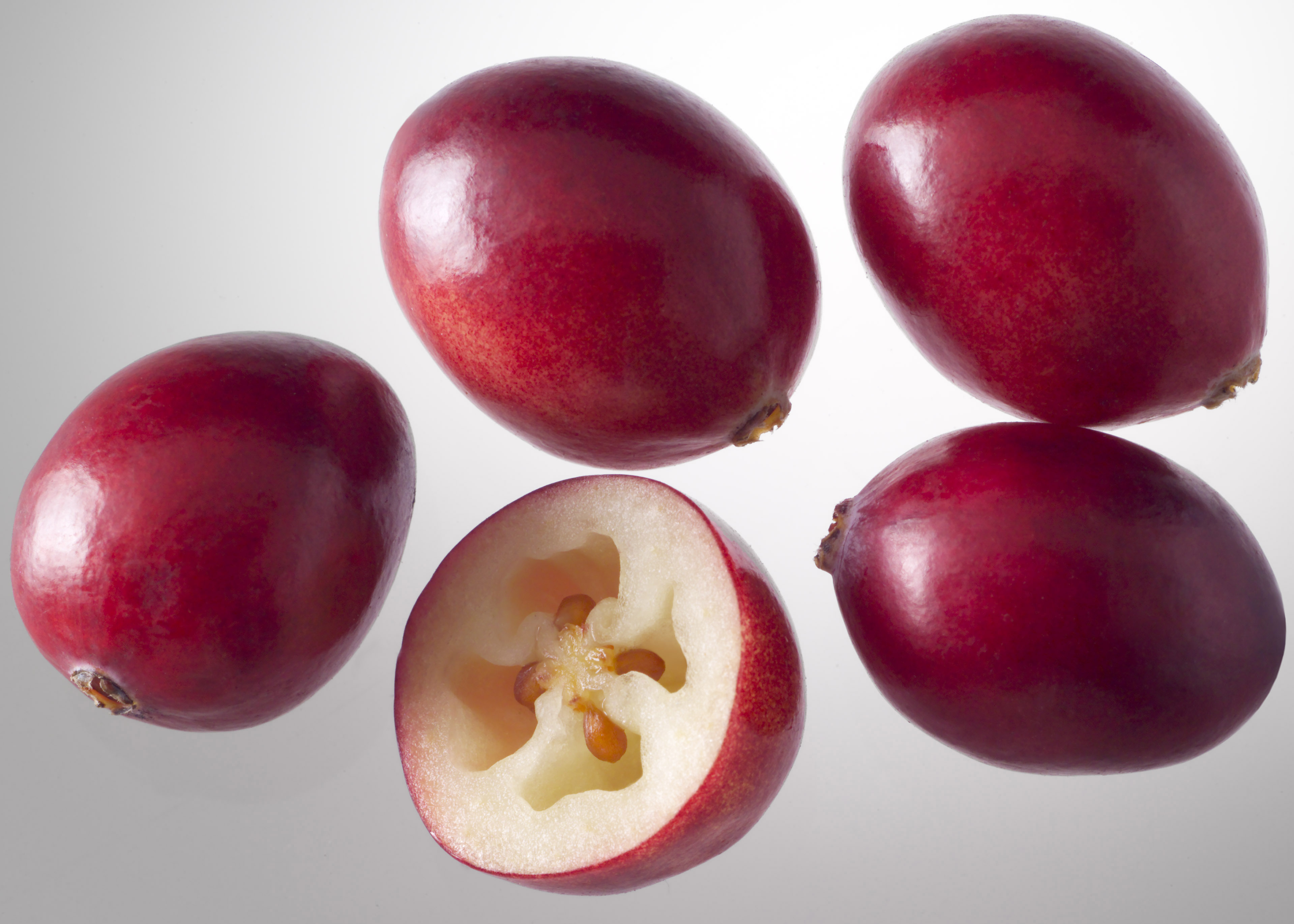
However, we need more up-to-date studies.Īlternatives to drinking cranberry juice for kidney stones Some research suggests that cranberry juice may increase risk of calcium oxalate and uric acid stones, especially if you’re prone to kidney stones.
#Cranberry and apple juice professional
Therefore, it’s best to work closely with a healthcare professional for personalized treatment and recommendations. While cranberry juice consumption may play a role in kidney stone formation, there are many types of kidney stones with various causes.

It’s probably best to select 100% juice, as it doesn’t contain added sugar or other unwanted ingredients. If you’re susceptible to calcium oxalate and uric acid stones, it may be best to limit or avoid cranberry juice ( 7).įurther, there is no data that compares the effects of 100% cranberry juice or processed cranberry beverages and kidney stone formation. That being said, another older study found that cranberry juice decreased RSR for calcium oxalate stones and increased urinary pH, contradicting other studies ( 8).Ĭurrently, most research suggests that the effects of cranberry juice may depend on which type of stones you tend to develop. Interestingly, cranberry juice decreased RSR scores for brushite and struvite stones, since these stones are less likely to develop in acidic environments ( 7). RSR measures one’s risk of developing kidney stones, with a higher score increasing risk ( 7). Increased acidity can raise the risk of developing calcium oxalate and uric acid stones ( 5, 6, 7).Ī recent review also found that cranberry juice increased relative supersaturation risk (RSR) of calcium oxalate and uric acid stones. However, another older study found that cranberry juice did not affect citric acid levels ( 5, 6).įurther, some research suggests that cranberry juice lowers the pH of urine, making it more acidic. This is because oxalates bind to calcium when you consume a lot of them, especially if you’re already prone to kidney stones ( 3, 4).Īdditionally, one older study found that cranberry juice decreased urinary citric acid excretion, which can contribute to the development of kidney stones. Plus, many of the studies into potential relationships between cranberry juice and kidney stones are older, so we need more research to be sure.Ĭranberry juice is high in oxalates, which can increase your risk of calcium oxalate kidney stones. Using cranberry juice to treat kidney stones is a contested topic with mixed research. Should people with kidney stones drink cranberry juice? Though there are many causes of kidney stones, low fluid intake, diet, and genetics play a major role. Kidney stones are solid crystal formations that develop in the kidneys. They may also experience nausea, vomiting, malaise, fever, chills, and blood in the urine ( 1).

comorbidities (e.g., high blood pressure, gout, non-alcoholic fatty liver disease, gastrointestinal disease, hyperparathyroidism, nephrocalcinosis, sarcoidosis).recurring urinary tract infections (UTIs).

genetics and family history of kidney stones.overuse of certain supplements like vitamin C.certain medications (e.g., antibiotics, diuretics, laxatives, sulfonylureas, potassium channel blockers, etc.).consuming a diet high in protein, oxalates, phosphoric acid, fructose, salt, and sugar.chronic dehydration (e.g., from low fluid intake or excessive sweating).While there is no specific cause of kidney stones, there are certain factors that increase your risk, such as ( 1, 2): The most common form of kidney stones is calcium oxalate, which account for around 32–46% of cases ( 1). They vary in size, from a small grain to even the size of a golf ball, but those are rare ( 1, 2). The main types of kidney stones that exist include calcium oxalate, calcium phosphate (brushite), uric acid, struvite (magnesium ammonium), and cysteine. It’s estimated that around 600,000 Americans experience kidney stones each year ( 1, 2). Also known as nephrolithiasis, kidney stones are solid crystals made from chemicals in the urine.


 0 kommentar(er)
0 kommentar(er)
